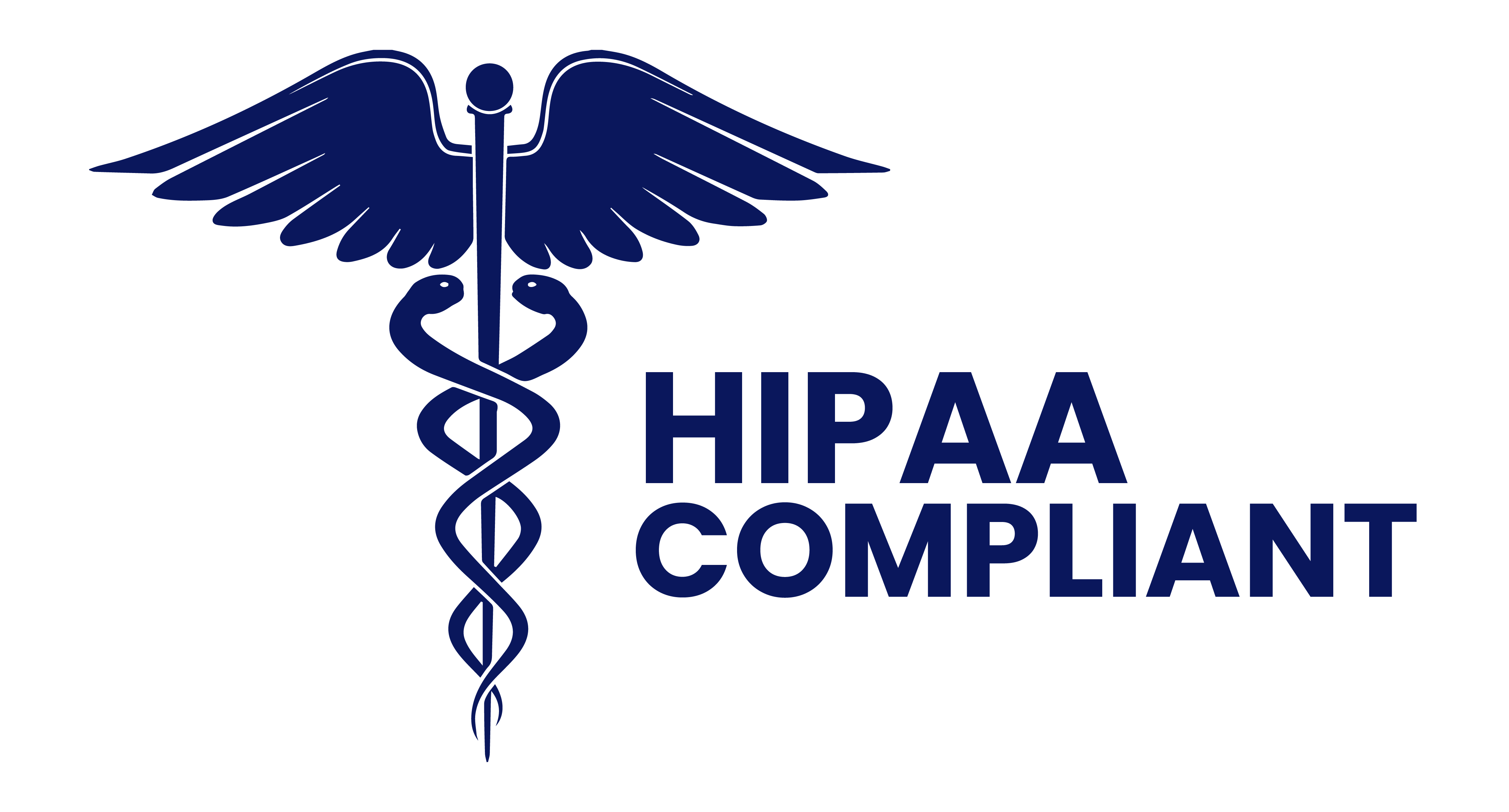The rapidly evolving business landscape has brought the KYC service ecosystem to the forefront of various industries. Know Your Customer (KYC) services refer to the practice of verifying customer identities and ensuring compliance with regulatory requirements, making these processes an essential part of bolstering trust and security. From finance to healthcare, e-commerce to real estate, KYC is a cornerstone for preventing fraud, safeguarding privacy, and maintaining regulatory compliance.
In this blog, we’ll delve into the KYC landscape, shedding light on its critical importance and the obstacles that organizations must overcome to harness its full potential.
The KYC Process
The journey towards effective KYC implementation is not without its hurdles, as businesses grapple with regulatory changes, data privacy concerns, and the delicate balance between customer convenience and security. The steps for carrying out the KYC process effectively are:
1. Customer Identification:
The first step in the KYC (Know Your Customer) process involves the identification of the customer. This may include collecting personal information such as name, date of birth, address, and contact details.
2. Risk Assessment:
Once the customer is identified, financial institutions assess the risk associated with the customer. This assessment helps in determining the level of due diligence required.
3. Customer Due Diligence (CDD):
Depending on the risk assessment, financial institutions perform CDD, which involves verifying the customer’s identity using documents like passports, driver’s licenses, or utility bills. Enhanced CDD may be required for higher-risk customers.
4. Monitoring Transactions:
Continuous monitoring of the customer’s transactions is crucial. Unusual or suspicious activities are flagged for further investigation.
5. Record Keeping:
KYC regulations require financial institutions to maintain records of customer information and transactions for a specified period. This documentation helps in audits and investigations.
6. Reporting Suspicious Activities:
If suspicious activities are detected during transaction monitoring, financial institutions are obligated to report them to the relevant authorities, such as financial intelligence units or regulators.
7. Ongoing Monitoring:
KYC is not a one-time process. It is an ongoing process that involves periodically updating customer information and reassessing risk based on changing circumstances.
The Growing KYC Service Ecosystem
The KYC service industry has undergone significant transformation over the years. This change is primarily driven by increased global regulations, technological advancements, and the need to accommodate cross-border transactions. To meet these evolving demands, KYC processes have become more reliant on automation, AI, and data analytics, with a growing emphasis on enhancing the customer experience.
In the KYC service ecosystem, various key players contribute to the identity verification process. Financial institutions, such as banks, play a central role in collecting customer information and conducting due diligence. Regulatory bodies establish and enforce KYC standards, while specialized KYC service providers offer technological solutions. Data providers supply the necessary information, and technology providers offer the tools for automation and data analysis. Additionally, legal and compliance consultants provide expert guidance on KYC compliance.
Read more: Why Identity Verification is More Important Than Ever
Benefits of Outsourcing KYC Services
KYC plays a critical role in fraud prevention and risk management within the financial industry. It acts as a strong deterrent to fraud by verifying the identity of customers, making it difficult for individuals to impersonate others and engage in fraudulent activities. Additionally, KYC enables financial institutions to assess the risks associated with each customer, apply appropriate risk management measures, and detect and prevent money laundering activities.
Adherence to KYC requirements is also essential for regulatory compliance, and non-compliance can result in fines and legal penalties. On top of all of this, KYC processes protect customers by ensuring that their personal and financial information is handled securely and not misused for fraudulent purposes.
Taking the KYC process even further by outsourcing offers numerous advantages to businesses, such as:
1. Expertise:
KYC service providers have deep expertise in identity verification and compliance, staying up-to-date with evolving regulations and industry best practices.
2. Cost Efficiency:
Outsourcing KYC services can be cost-effective compared to developing in-house solutions, as it eliminates the need for businesses to invest in specialized technology and personnel.
3. Scalability:
KYC service providers can scale their services to meet the specific needs of businesses, whether they are startups or large enterprises.
4. Faster Onboarding:
Outsourcing KYC services can speed up the onboarding process for customers, reducing friction and improving the overall user experience.
5. Regulatory Compliance:
Leveraging the expertise of KYC service providers helps businesses ensure they comply with ever-evolving regulations, reducing the risk of fines and legal issues.

Simplifying Compliance in a Complex World with Horatio
The KYC service ecosystem remains a critical component of compliance and risk management in the financial and business sectors. It is indispensable for preventing fraud, money laundering, and other illicit activities.
By outsourcing KYC services to specialized providers or leveraging innovative tools, businesses can streamline their operations, focus on core activities, and stay ahead of regulatory changes. Embracing the evolving KYC landscape is not only a compliance necessity but also a strategic move for maintaining a strong position in the market.
At Horatio, our experts prioritize safety and efficiency at every touchpoint, providing high levels of quality and clarity surrounding your brand’s services. Contact us to start protecting your business and your customers with simplified compliance solutions.






